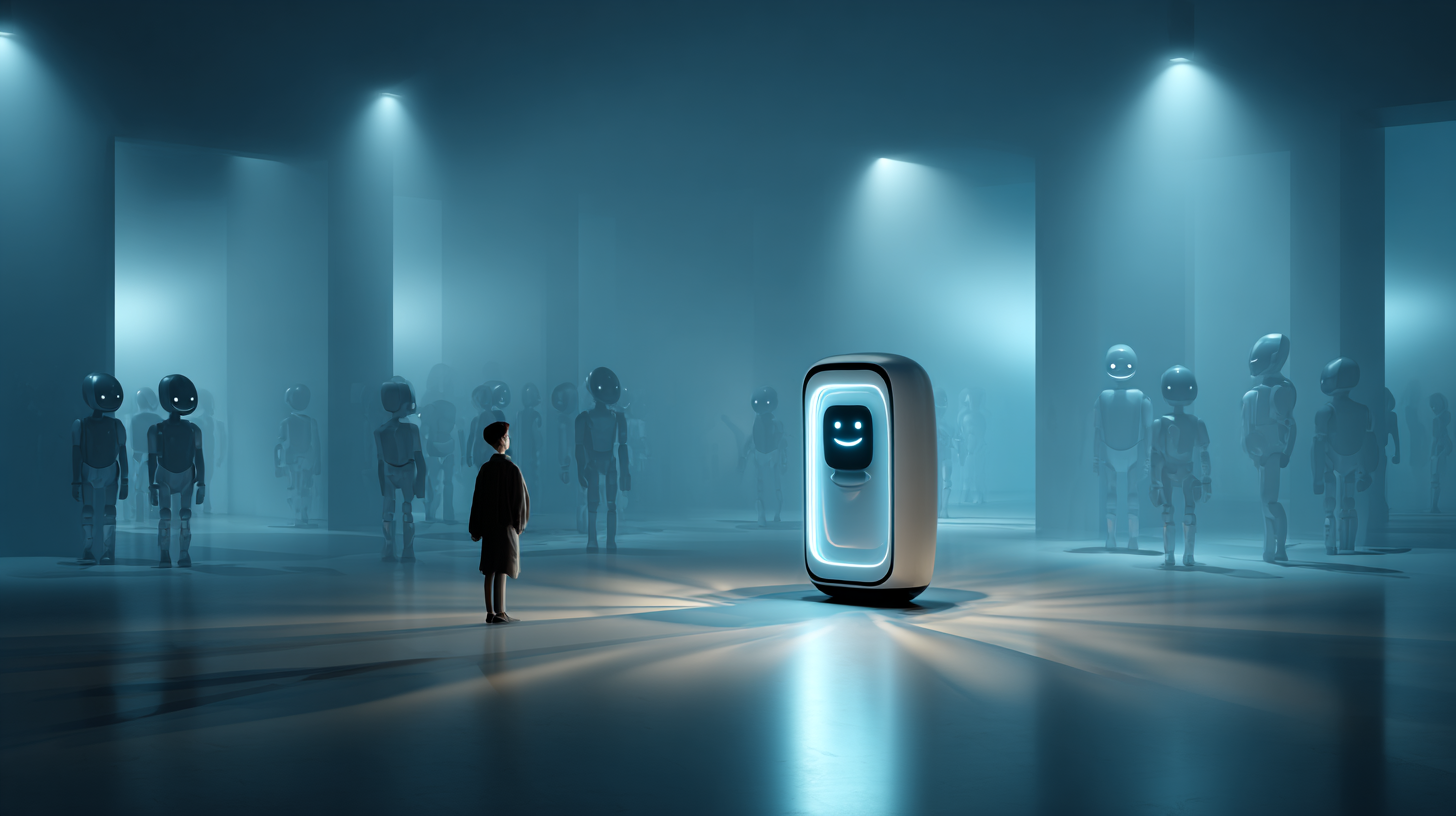Siri Special #1: Why Is Siri Still So Dumb?
Why does Apple’s Siri still feel frustratingly outdated? From its commitment to on-device AI and privacy-first philosophy to the technical limitations of its language models, there are structural and ideological reasons Siri continues to lag behind.

Siri, Still Stuck in the Basics
If you’ve ever used an iPhone, you’ve probably summoned Siri with a simple command like “What’s the weather tomorrow?” or “Send a message.” While Siri handles basic requests decently enough, it often stumbles when faced with anything remotely complex.
If Apple is such an innovation powerhouse, shouldn’t Siri be as intelligent and fluid as ChatGPT or Google Gemini by now? And yet, it’s not. Siri’s “dumbness” isn’t just a technological failure—it’s the result of deliberate strategic choices by Apple.
Privacy First, Intelligence Later
Unlike Google or OpenAI, Apple has chosen a very different path: privacy above all. While rivals rapidly improve their AI by hoovering up massive amounts of user data, Apple has long refused to do the same. Siri, too, was born from this philosophy.
From the start, Apple insisted on on-device AI—processing your requests directly on your iPhone, rather than sending them to the cloud. This keeps your personal data safe from external leaks or misuse.
But this privacy-focused approach comes with a steep cost. AI needs data—lots of it—to become smarter. Siri’s inability to handle context or nuanced requests isn’t a mystery; it’s a direct consequence of this data-starved environment.
📎 See: WIRED — “To Truly Fix Siri, Apple May Have to Backtrack on Privacy”
Size Matters: The Model Gap
In today’s AI world, model size = intelligence. While the latest ChatGPT runs on a trillion-parameter foundation model, Siri relies on something closer to 3 billion parameters. Why? Because Siri needs to run efficiently on-device, within the hardware constraints of an iPhone.
That means Siri has a shorter memory, limited understanding of context, and very little creative capability. Apple supplements this with private cloud processing, but that, too, is bound by privacy restrictions—limiting flexibility and scalability.
Users may say, “Hey Siri,” but what they’re really speaking to is a tiny brain in a sealed box.
The Promises That Never Arrive
Apple has promised Siri upgrades year after year: a smarter assistant that understands context across apps—photos, emails, calendars. A more natural and personalized experience.
But in reality? Little has changed. Voice activation got smoother. The voice got a bit more human. But transformative leaps? Still missing.
In fact, recent reports suggest Apple’s grand Siri overhaul failed internal benchmarks and may be delayed until spring 2026.
📎 See: Bloomberg — “Apple Delays AI-Powered Siri Upgrade Until 2026”
In the meantime, users have drifted toward more capable assistants like ChatGPT or Google Assistant.
Old Roots, Old Problems
Siri’s technical roots are also part of the problem.
It originated from a military-funded project built around narrow command-based systems—great for simple tasks, ill-equipped for open-ended conversations.
Apple’s leadership, too, has long viewed Siri as a secondary feature rather than a flagship product. Executives like Craig Federighi have prioritized iOS and hardware innovation, leaving the Siri team to endure multiple restructurings and internal transfers.
📎 See: City A.M. — “Can ChatGPT save Apple’s AI woes?”
The Cost of “Doing It Our Way”
Ultimately, Siri’s limitations are the logical result of Apple’s strategy:
A rigid adherence to privacy, proprietary technology, and in-house control.
To be fair, this approach has made the iPhone the gold standard in data security and user trust. But that same strategy has slowed Siri’s evolution—and left it outpaced by AI-first competitors.
Lately, however, Apple seems to be rethinking its stance. Rumors of partnerships with OpenAI and Anthropic suggest the company is finally open to external collaboration.
Whether Siri’s future will look different remains uncertain. But one thing is clear:
If Siri seems dumb, it’s not just a technical flaw—it’s the inevitable outcome of the road Apple chose.
Up Next:
In Part 2, we explore how Apple is reshaping its AI strategy—and what its rumored alliances with ChatGPT, Claude, and others might mean for Siri’s future.


